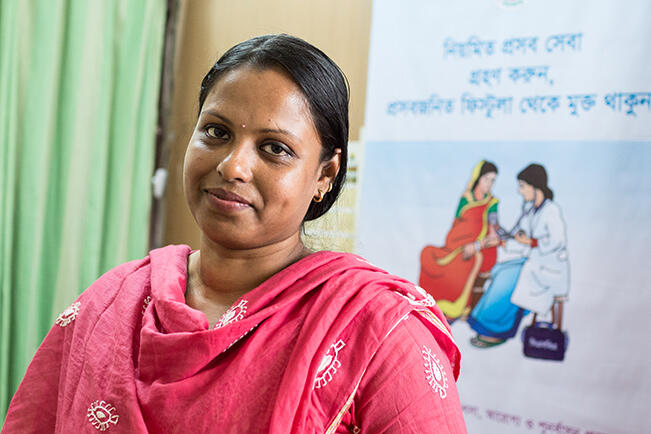Obstetric fistula is a traumatic and debilitating childbirth injury, one that leaves women incontinent and stigmatized by their communities. Women receive treatment at a rehabilitation centre in Bangladesh. © Nicolas Axelrod/Ruom for UNFPA
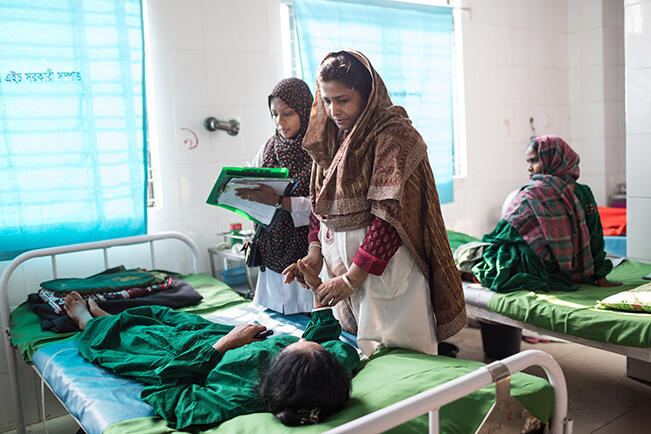
The condition results from prolonged, obstructed labour. It is preventable with emergency care and is treatable with surgery, yet it persists among the most marginalized women and girls. © Nicolas Axelrod/Ruom for UNFPA
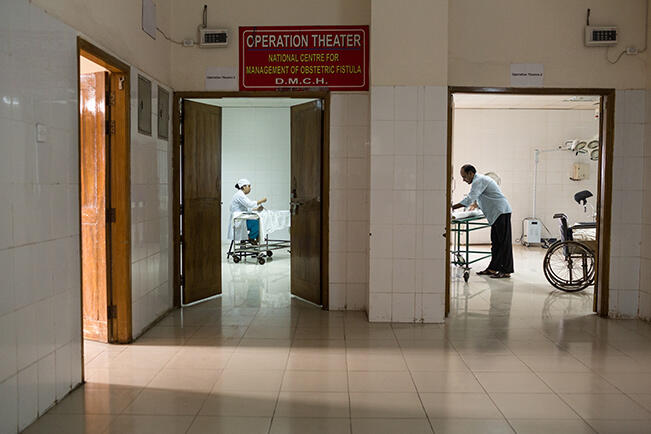
An estimated 2 million women around the world are living with this condition. Many lose their friends, families and jobs. © Nicolas Axelrod/Ruom for UNFPA
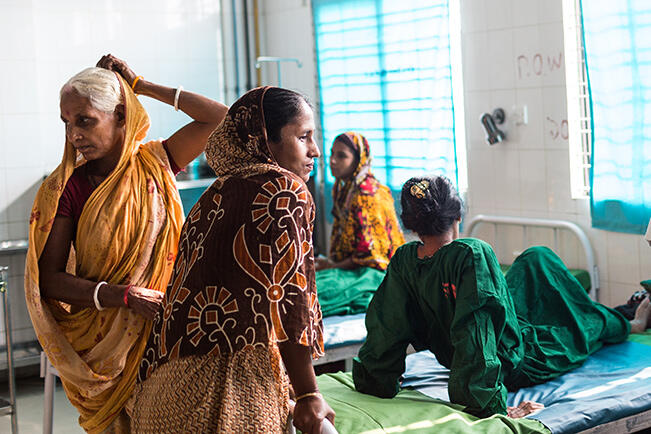
For many women, treatment is not enough. Skills training and counselling are essential. “If she goes home with financial solvency, she is a benefit, not a burden,” says Professor Ferdousi Islam. © Nicolas Axelrod/Ruom for UNFPA
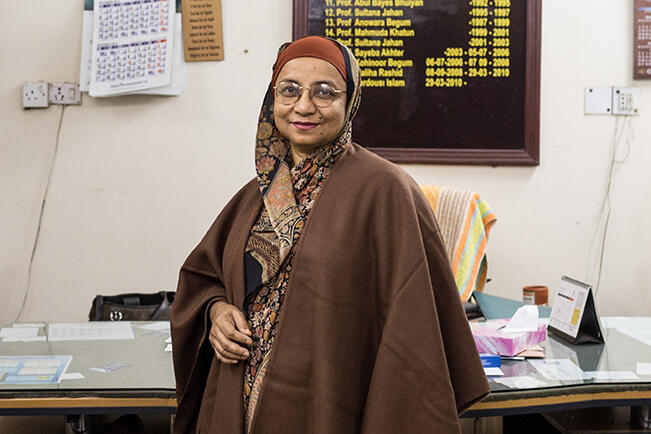
Nasima Nizamuddin learned farming techniques at the Fistula Patients Training and Rehabilitation Centre in Dhaka, Bangladesh. “I feel that I can improve my life when I leave here,” she said. © Nicolas Axelrod/Ruom for UNFPA
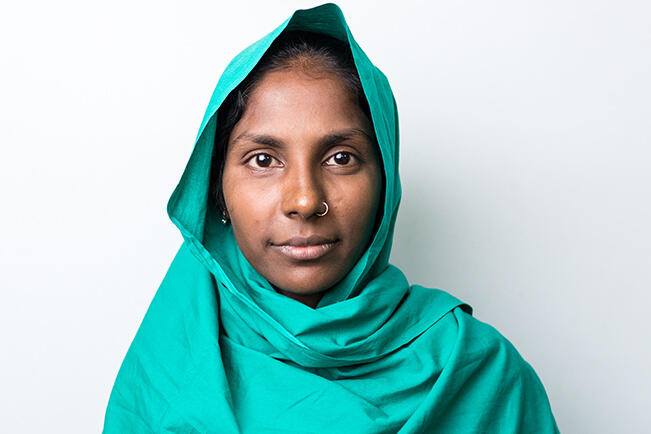
The centre offers a variety of courses to women who have received successful treatment. The courses are tailored to patients’ individual desires and circumstances. © Nicolas Axelrod / Ruom for UNFPA
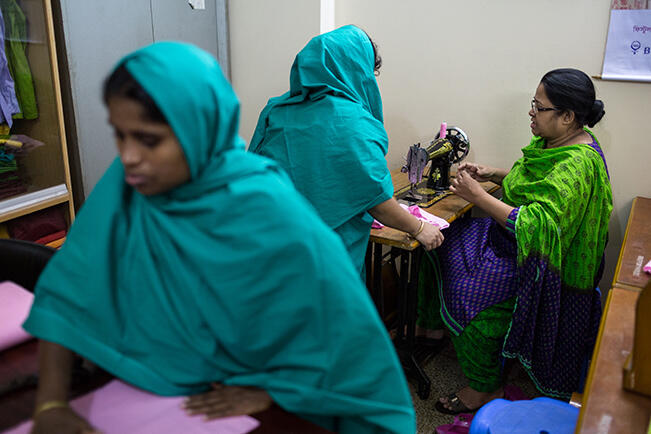
Staff look at the needs in each woman’s home district to determine which skills have the most earning potential, whether baking, farming or sewing. The survivors also receive counselling. © Nicolas Axelrod/Ruom for UNFPA
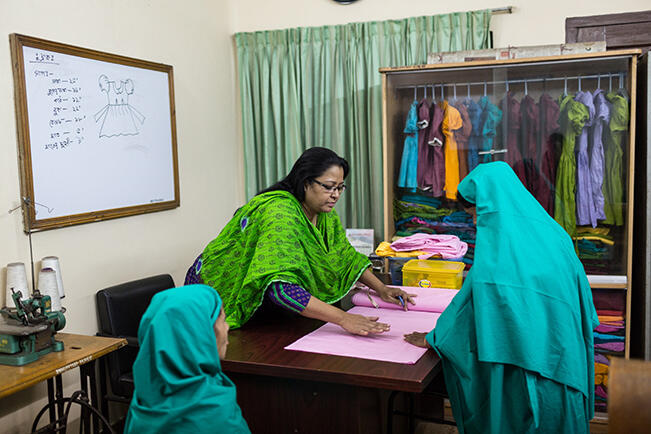
Women leave with the confidence to rebuild their lives. “We give them respect, which they don’t get at home,” said counsellor Farhad Kanijfatema. “We let them know that they are important.” © Nicolas Axelrod/Ruom for UNFPA
